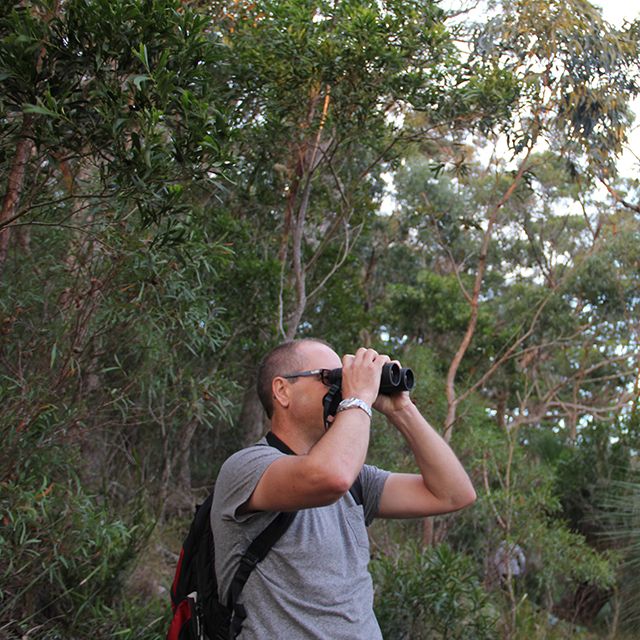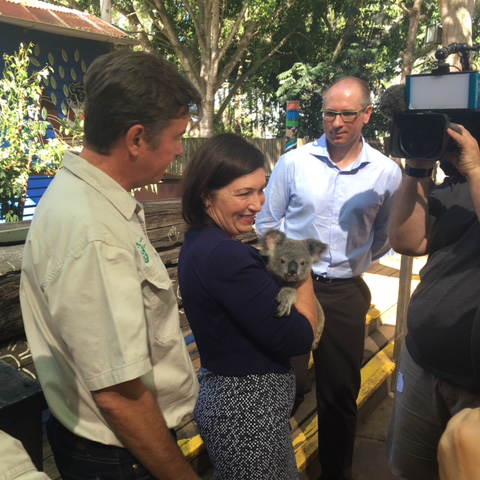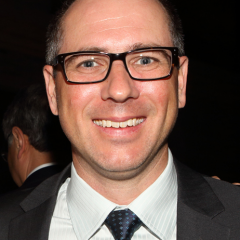CBCS Affiliated Researcher
The start
I suddenly realised that I didn’t want to do this job anymore – working to make more money for rich people was no longer exciting! This was back in the mid-1990s, and I was working as an investment manager in the City of London mainly managing large bond portfolios and dabbling in a bit of quantitative economic forecasting (which I was never very good at, but who is?). Five years earlier I had graduated with an undergraduate degree in economics and mathematics from the University of Kent in the UK. I had more or less fallen into my first “real” job and, while it was exciting for a while, I felt I needed more purpose in my work. So, I quit and, with really no idea what I wanted to do next, spent the next 18 months or so travelling the world. Sounds a bit aimless, right, but the experiences I gained doing this were incredibly formative and I think really shaped a lot of how I now feel about the world.

Photo credit: David Salt
Making a career in ecology and conservation
Having spent a lot of my childhood running around the bush barefoot where I grew up in Papua New Guinea and Zambia, I had always had a very strong interest in nature – I just never thought I could make a career out of it! That all changed when I went back to university to do an ecology degree at the University of East Anglia, where I started to understand the important role that ecologists play in conserving biodiversity. And, at last, I could see a pathway to a career in conservation science. Having spent two summers as an undergraduate running expeditions to Madagascar to survey lemurs, I was hooked and decided I really wanted a career in conservation science. That brought me to Brisbane to do a PhD on koalas at The University of Queensland in 2001 … don’t tell anyone, but I actually wanted to do a PhD on primates, but the koala opportunity came up and I figured, “how different can koalas be from primates anyway?” (Actually, quite different, I was to find out!)
Forays into planning and policy
UQ was (and still is) an amazing place to learn to do conservation science, with inspirational mentors who really helped mould my PhD and subsequent work which was heavily influenced by landscape ecology and decision science. The insights this provided completely changed the way I thought about applied research. Rather than thinking of it as a process for answering “interesting” questions, I starting to think of it as a process for answering “useful” questions informed directly by conservation planning and policy challenges. At this point, I was still doing quite a lot of ecological research but now I started to have my first forays into policy and planning and to do less ecology. I began to realise that the major barriers to successful conservation were not really a lack of ecological information (we have done quite a lot of work showing this!), but often an inability to overcome social, economic, and political barriers. Engaging in policy and planning processes I felt was therefore one way to try to overcome some of these barriers, so I started to spend a lot of time working on policy and decision-making questions primarily with state and federal governments.
In 2017, I chaired the Queensland Government’s Koala Expert Panel that led directly to an overhaul of the state’s koala conservation and planning framework for south-east Queensland, and this was my first major success in influencing policy (hopefully for the better!).
Where to next?
As conservation scientists, we work in a world where biodiversity loss is driven by a wide range of social and economic factors and these same factors often influence conservation intervention success. Of course, ecological processes are important, but it is understanding the intersection of ecology with social, economic and political processes where real solutions are going to be found. I’m currently particularly interested in the implications of social and economic drivers operating at global scales on local scale conservation planning and policy solutions and how we integrate policy settings across scales.
So, these days, I find myself thinking even more beyond ecology in trying to solve the world’s major conservation problems. (Where did I put my old undergraduate economic textbooks again?) I’ve recently made the move from UQ to the Queensland University of Technology, and will be continuing to focus my ongoing work on integrating global to local interactions into conservation planning and policy.
I’m driven in my work by the opportunity for making the world a better place, and by focusing our work across multiple scales at which policy decisions I reckon can increase our chances of success.

Photo credit: Catherine George
Read more of these stories in Issue 17 of the CBCS Newsletter and follow us on X (Twitter) and LinkedIn.

